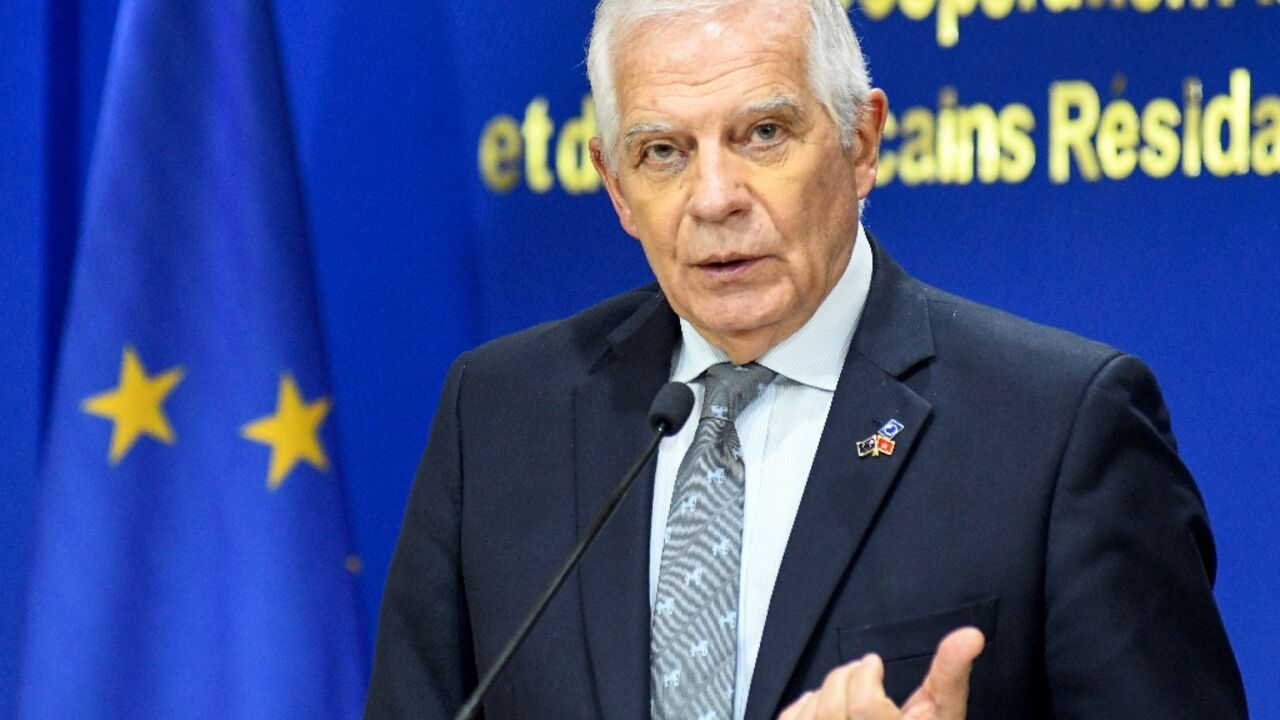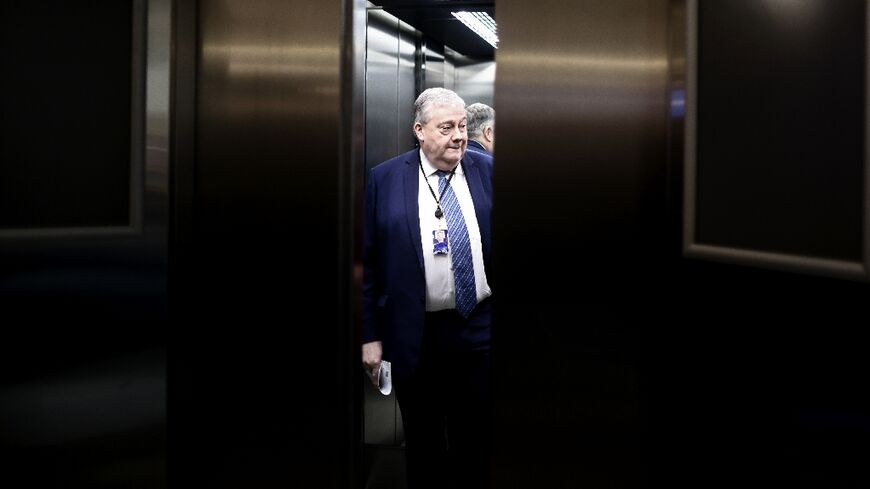EU top diplomat, in Morocco, vows 'zero tolerance' for graft

The European Union's top diplomat vowed "zero tolerance" for graft on Thursday as he visited Morocco, which has been linked to an influence-trafficking scandal rocking the European Parliament.
"The position of the EU is clear: There can be no impunity for corruption. Zero tolerance," EU foreign policy chief Josep Borrell said after a meeting with Morocco's Foreign Minister Nasser Bourita.
"We need to wait for the result of the investigations currently underway," Borrell added, saying he expected "everybody's full cooperation" with the inquiry.
Borrell's visit comes weeks after Belgian police raided several addresses used by European lawmakers and other officials, finding 1.5 million euros ($1.6 million) in cash, discoveries Belgian media have linked to Qatar and Morocco.
Four suspects are in custody, including a Greek MEP, Eva Kaili.
Her Italian boyfriend, parliamentary aide Francesco Giorgi, has reportedly confessed to Belgian prosecutors and alleged Moroccan involvement.
Speaking alongside Borrell in the capital Rabat, Bourita vowed that "Morocco will defend its interests and counts on its partners to defend the partnership" with the EU.
Borrell's spokesman had earlier defended the two-day visit, saying there was "no proof" of Moroccan wrongdoing and that "no one has officially said from the judicial point of view that Morocco as a country is guilty."
Morocco is "the EU's top economic and trade partner on the African continent," Prime Minister Aziz Akhannouch said in a statement Thursday, pointing to some 45 billion euros of trade in 2021.
The North African kingdom has major fisheries and farming deals with the EU, including rich Atlantic fishing waters off the disputed Western Sahara.
Morocco controls around 80 percent of the territory, where the Polisario movement has long sought independence.
The United Nations recently appointed an envoy for the long-stalled peace process over the territory amid growing tensions between Morocco and its arch-rival Algeria, which backs the Polisario.
Borrell on Thursday reiterated the EU's backing for the process, voicing hope for a "just, pragmatic, durable and mutually acceptable" solution.




